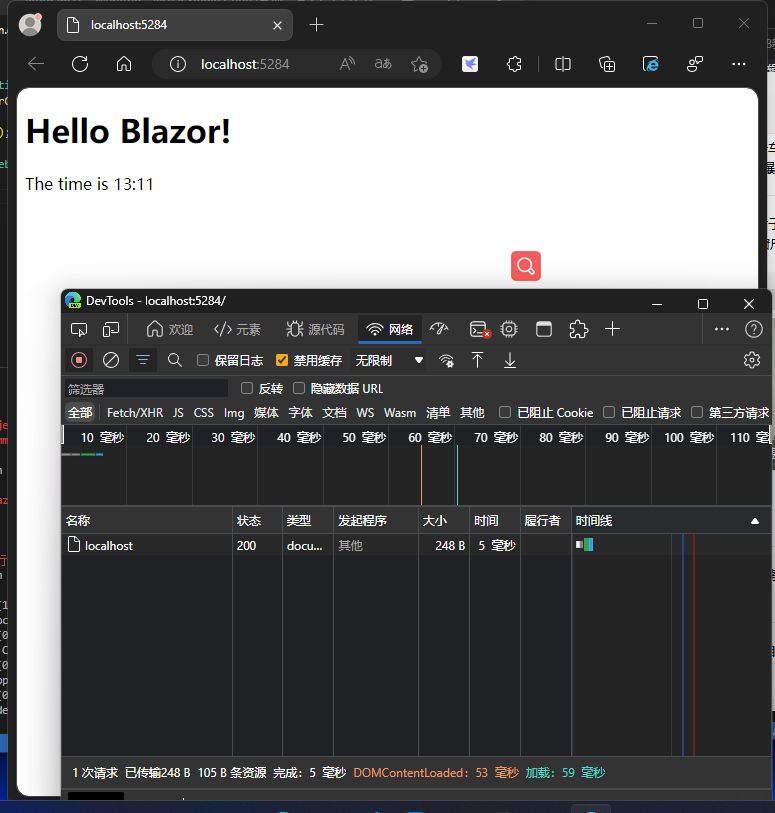前言
在日常工作中,偶尔需要调查一些诡异的问题,而业务代码经过长时间的演化,很可能已经变得错综复杂,流程、分支众多,如果能在关键方法的日志里添加上调用者的信息,将对定位问题非常有帮助。
介绍
StackTrace, 位于 System.Diagnostics 命名空间下,名字很直观,它代表一个方法调用的跟踪堆栈,里面存放着按顺序排列的栈帧对象(StackFrame),每当发生一次调用,就会压入一个栈帧;而一个栈帧,则拥有本次调用的各种信息,除了MethodBase,还包括所在的文件名、行、列等。
演示
下面代码演示了如何获取调用者的方法名、所在文件、行号、列号等信息。
public static string GetCaller()
{
StackTrace st = new StackTrace(skipFrames: 1, fNeedFileInfo: true);
StackFrame[] sfArray = st.GetFrames();
return string.Join(" -> ",
sfArray.Select(r =>
$"{r.GetMethod().Name} in {r.GetFileName()} line:{r.GetFileLineNumber()} column:{r.GetFileColumnNumber()}"));
}第一帧是 GetCaller本身,所以跳过;fNeedFileInfo设置成 true,否则调用者所在文件等信息会为空。
简单创建个控制台程序并添加几个类模拟一下,输出如下:
UpdateOrder in G:\examples\MethodCall2\ClassLevel6.cs line:11 column:8 ->
Level5Method in G:\examples\MethodCall2\ClassLevel5.cs line:8 column:9 ->
Level4Method in G:\examples\MethodCall2\ClassLevel4.cs line:10 column:9 ->
Level3Method in G:\examples\MethodCall2\ClassLevel3.cs line:10 column:9 ->
Level2Method in G:\examples\MethodCall2\ClassLevel2.cs line:10 column:9 ->
InternalMethod in G:\examples\MethodCall2\ClassLevel1.cs line:12 column:13 ->
Main in G:\examples\MethodCall2\Program.cs line:18 column:17
可以看到因为StackTrace是个栈结构(FILO),所以打印出来的顺序也是由近及远的。
链接
StackTrace Class https://docs.microsoft.com/en-us/dotnet/api/system.diagnostics.stacktrace?view=net-6.0
StackFrame Class https://docs.microsoft.com/en-us/dotnet/api/system.diagnostics.stackframe?view=net-6.0
到此这篇关于.NET使用StackTrace获取方法调用信息的文章就介绍到这了,更多相关.NET方法调用信息内容请搜索阿兔在线工具以前的文章或继续浏览下面的相关文章希望大家以后多多支持阿兔在线工具!




